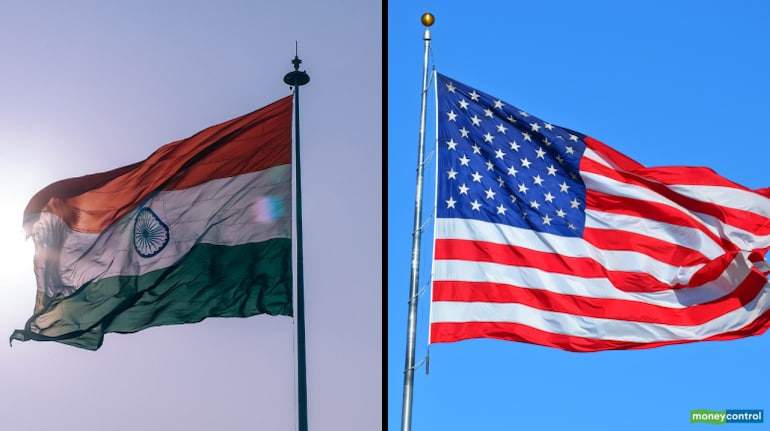



In its response to the United States' Trade Representative's (USTR) investigation against the 2 percent equalisation levy on e-commerce companies, India has stoutly defended its right to impose this tax while pointing to the broader and multilateral nature of the issue.
"At the outset, India reassures the United States that the equalisation levy is entirely consistent with India’s commitments under the WTO and international taxation agreements," a note containing the Indian response to the Section 301 investigation said.
A Section 301 investigation under US laws is either initiated by USTR or petitioned by specific industry groups. It focuses on actions and policies of foreign governments that the US believes is unjustified, unreasonable, or discriminatory, and one which curbs US business interests.
Appropriate compensation or removal of such trade barriers is often the end goal of a Section 301 investigation. In the current case, Section 301 Investigations of Digital Service Taxes (S. 301 DST) has been invoked in response to India's 2 percent equalisation levy imposed on e-commerce supply or services in the Finance Act, 2020.
In its note, the Indian government says that the S. 301 DST Initiation "does not provide any reasons as regards the underlying sweeping apprehensions of the United States."
Promising to address these concerns within the ambit of the multilateral trade rules, India indicates its willingness to engage in bilateral interaction in good faith and transparency, "with a view to explain and clarify the underlying policy rationale and implementation of the equalisation levy."
The Indian government also expressed its hope that the US would raise this issue at an "appropriate forum, in accordance with the provisions for dispute settlement as agreed under the specific international agreements."
The underlying policy objective and application of the levy is to ensure a level-playing field with regard to e-commerce activities undertaken in India, the note said while pointing out that this, in fact, is the "very antithesis of the underlying apprehensions listed out in the USTR’s S.301 DST Initiation."
The equalisation levy emerged from the OECD discussions on the Base Erosion and Profit Shifting project (BEPS). The equalisation levy was one of three possible actions that economies could take pending a global consensus on curbing BEPS.
Denying any discriminatory or extraterritorial application, the Indian response explained that the purpose of the levy is to "ensure greater competitiveness, fairness, reasonableness and exercise the ability of governments to tax businesses that have a close nexus with the Indian market through their digital operations."
Discover the latest Business News, Sensex, and Nifty updates. Obtain Personal Finance insights, tax queries, and expert opinions on Moneycontrol or download the Moneycontrol App to stay updated!
Find the best of Al News in one place, specially curated for you every weekend.
Stay on top of the latest tech trends and biggest startup news.